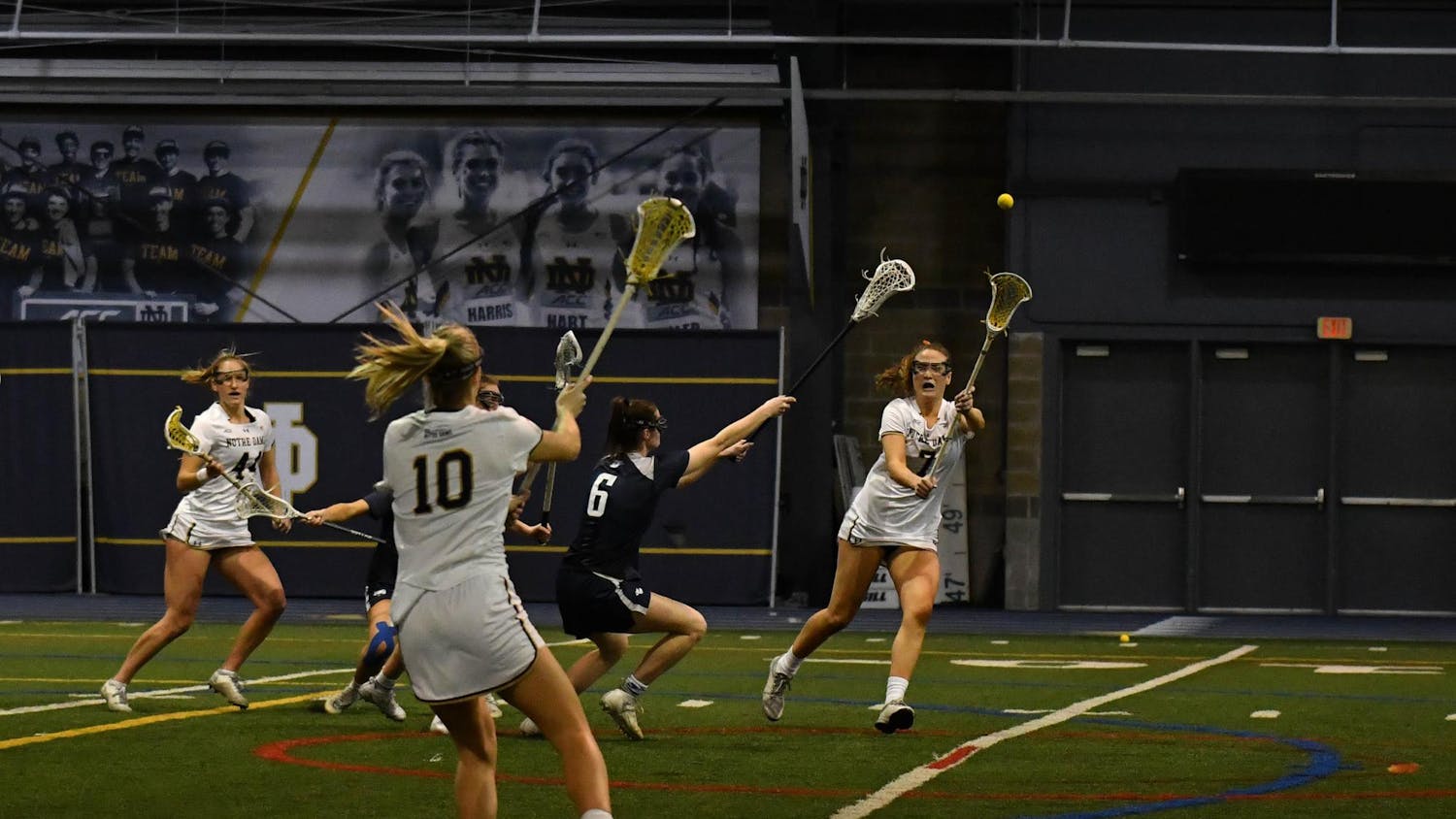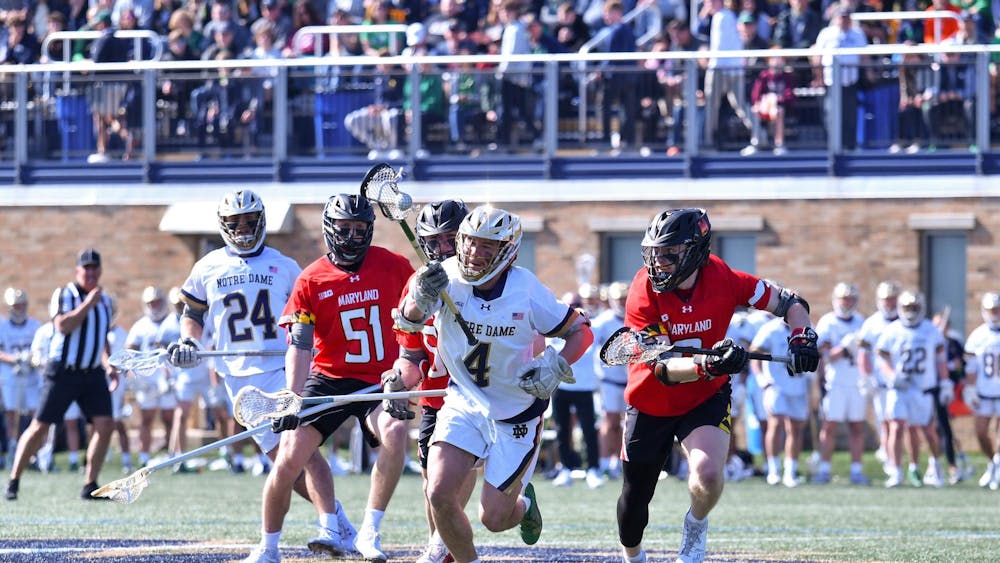Let’s get the gang back together. Get Angelo Pizzo in charge of the script, bring David Anspaugh in to direct, and bring Jerry Goldsmith back from the dead to do the script. We’ll make a movie about what’s going on right now in Germany’s soccer top flight, the Bundesliga, and it’ll rival the success of “Hoosiers” and “Rudy” as some of the greatest sports movies of all time.
Like “Hoosiers” and “Rudy,” this is a story about an underdog. “Hoosiers” was based on the true story of Milan High School, the small school that won Indiana’s single-class, all-comers tournament, defeating massive city schools in the process. “Rudy” should require no explanation in a story running in The Observer.
Right now, in Germany, an upstart club is challenging the order at the top of the league. Sitting just three points behind leaders Bayern Munich — the giants of German soccer — is a club playing for the first time ever in the Bundesliga. In European soccer, where promotion and relegation give small teams chances to make it at the big time, debutants are typically happy with simply surviving, avoiding a demotion back to the second tier.
But not this one. This one is giving Bayern its best test in a few years, with Champions League qualification now an expectation, not a dream. And it’s being done with a roster of up-and-coming youngsters, on the verge of proving Alan Hansen’s old soccer axiom that “you can’t win anything with kids” wrong.
This is a story about resurrection, too, about a rebirth of an entire region’s soccer prowess. Since Germany’s reunification in the early 1990s, former East German clubs have struggled financially with their Western brethren; last season, not a single club from the former East contested the Bundesliga. Now, the sign of hope in the East sits second in the table, battling Germany’s big-money winners for the title.
If it all comes together and this team wins the Bundesliga, it would be the perfect subject for the perfect sports movie.
Except there’s more beneath the surface.
In Germany, soccer clubs typically take one of a handful of prefixes (or suffixes) attached to a name. Bayern, like many other clubs, carry the self-explanatory and partially anglicized “Fussball-Club” before their club’s name; others use terms like “Sportverein” (sport club/association), “Verein fuer Leibesuebungen” (club for physical education, literally) or “Sport-Club,” also self-explanatory.
The club sitting second in the Bundesliga takes a different prefix: RasenBallsport. Note the unusual capitalization on the “B.”
The prefix literally means “lawn ball sport,” but it wasn’t chosen because it makes particular sense — it was chosen, instead, so the club could go by the shortened name: RB Leipzig. Unlike Austria, Brazil, Ghana or the United States, where the Red Bull empire has its other soccer clubs, Germany forbids corporate sponsorship in the name of clubs. So, when Red Bull purchased a fifth-division club in 2009, they couldn’t get their preferred name.
Similarly, in German soccer, there’s the “50+1 rule,” which states that a majority of shares must be held by a club’s members, ensuring the fans, not external investors, maintain control of the club. There are exceptions to these rules — Bayer Leverkusen (the aspirin company) and VfL Wolfsburg (Volkswagen) were originally workers’ clubs owned by the corporations — but RB Leipzig does, technically, follow it.
But unlike most German clubs, shares in Leipzig are incredibly expensive, the result is a club with very few members, effectively bankrolled by an energy drink manufacturer.
It seems a bit less romantic now, doesn’t it?
Instead of being the most beloved club in Germany — and the Germans typically love whoever’s battling Bayern at the top — Leipzig are probably the most hated, a sign of the changes that have crept into German soccer over the last decade. Most clubs don’t have the ability to challenge Bayern, while restrictions have been imposed on supporters as part of the growing consumerism in German soccer.
So, now that I’ve ruined the story for you, I’ll make one last plea the other way: Leipzig’s soccer fans.
Despite the economic boom taking place in the increasingly modern city, it’s hard to imagine any of Leipzig’s “traditional” clubs making the top flight, even in the absence of RB. And it’s hard, in my eyes, to direct too much hate to a group of soccer fans for enjoying the incredibly talented team that’s in their city.
In other words, it’s complicated. But maybe that makes Leipzig the perfect expression of the ever-changing world of German soccer.













